Eminent persons request President to consider Yakub Memon's mercy plea
Mon 27 Jul 2015, 17:49:05
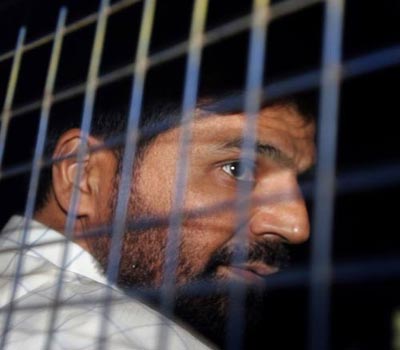
July 26, 2015 (Agency) : A group of eminent jurists, MPs, leaders of political parties and eminent individuals from different walks of life submitted a petition to President Pranab Mukherjee on Sunday to request him to consider the mercy plea against the execution of the death sentence of Yakub Memon. Accompanying the petition is an extract from an article written by B. Raman, who headed the Pakistan Desk at RAW, as to why Yakub Memon should not be hanged.Among those who endorsed the petition areJustice Panachand Jain (Retd), Justice H.S. Bedi (Retd), Justice P. B. Sawant (Retd), Justice H. Suresh (Retd), Justice K. P. Siva Subramaniam (Retd), Justice S. N. Bhargava (Retd), Justice K Chandru (Retd), Justice Nagmohan Das (Retd), Shatrughan Sinha MP, Mani Shankar Aiyer, MP, Ram Jethmalani, MP, Ahatrughan Sinha (MP), Majeed Memon, MP, Mr. N. Ram, Sitaram Yechury, MP, G.S, CPI(M) D. Raja, MP, CPI, K.T.S Tulsi, MP, H.K. Dua, MP, T. Siva, MP, Prakash Karat, CPI(M), Member, Polit Bureau, Dipankar Bhattacharya, General Secretary, CPI(ML)-Liberation, Brinda Karat, CPI(M), Member, Polit Bureau; various academicians, members of the legal fraternity, activists and filmmakers and actors like Naseeruddin Shah and Mahesh Bhatt; and Tushar Gandhi.The text of the petition by eminent persons urging Stay Against Imminent Execution of Yakub Abdul Razak Memon:May it Please Your Excellency:This is a mercy petition for Yakub Abdul Razak Memon, who is scheduled to be executed on 30 July 2015 as per the execution warrant issued by the TADA Court.We, the undersigned, through this petition urge Your Excellency to stay the imminent execution so that the substantive and fresh grounds raised herein can be considered on merits.A. Preliminary Grounds*An International Commitment to abolish death penalty – We the signatories of this mercy petition humbly make the statement that in India death penalty cannot be imposed till such time Parliament of India decides not to abolish death penalty and the reason for the same are as under:The universal declaration of Human Rights adopted by the General Assembly on 10.12.1948 defined certain human rights and fundamental freedoms which need to be protected. Among the subsequent human right documents, the most important are the two covenants adopted by the General Assembly in 1966: The Covenant on Civil and Political Rights and its Optional Protocol and the Covenant on Economic, Social and Cultural Rights. India became a party to both these covenant by ratifying them on 27.3.1979. There are two optional protocols to the covenant, the Second Protocol aims at the abolition of death penalty.Article VI of Part-III of the covenant on civil and
political rights lays down as under:*Every human being has the inherent right to life. This right shall be protected by law. No-one shall be arbitrarily deprived of his life.*In countries which have not abolished the death penalty, sentence of death may be imposed only for the most serious crime.*Anyone sentenced to death shall have the right to seek pardon or commutation of the sentence amnesty or commutation of death may be granted in all cases.The President of India under Article 72 of the Constitution of India has the power to grant pardon and to suspend, remit or commute sentence in certain cases. It is in this way the constitution of India permits right of appeal. Sub-clause of Article 6 of Part-III of the Covenant as referred above provides that commutation of sentence of death may be granted in all cases. In the circumstance, we will have to understand as to why “may” has been used for commutation of the sentence of death to be granted by the President. The Hon’ble Supreme Court of India in Deewan Singh Vs. Rajendra Prasad Ardevi (2007) 10 SC 528 while interpretating “may” where powers is conferred upon a public authority coupled with direction, the word “may” which connotes direction should be constitute to mean a command. In India this power of pardon is to be exercised by the President and therefore under no circumstances for empowering the President the word “shall” could have been used in the covenant but it means a command i.e. commutation of sentence of death must be granted in all cases by President, till such time Parliament of India decides that it will continue the penalty of death sentence. After signing of covenant, the Parliament of India has not considered any amendment in the Indian Penal Code for abolition of death sentence.
The second optional protocol to the International covenant on civil and political rights reads as under:“The States Parties to the present Protocol,Believing that abolition of the death penalty contributes to enhancement of human dignity and progressive development of human rights,Recalling Article 3 of the Universal Declaration of Human Rights, adopted on 10 December 1948, and Article 6 of the International Covenant on Civil and Political Rights, adopted on 16 December 1966,Noting that Article 6 of the International Covenant on Civil and Political Rights refers to abolition of the death penalty in terms that strongly suggest that abolition is desirable,Convinced that all measures of abolition of the death penalty should be considered as progress in the enjoyment of the right to life,Desirous to undertake hereby an international commitment to abolish the death penalty,Have agreed as follows:
political rights lays down as under:*Every human being has the inherent right to life. This right shall be protected by law. No-one shall be arbitrarily deprived of his life.*In countries which have not abolished the death penalty, sentence of death may be imposed only for the most serious crime.*Anyone sentenced to death shall have the right to seek pardon or commutation of the sentence amnesty or commutation of death may be granted in all cases.The President of India under Article 72 of the Constitution of India has the power to grant pardon and to suspend, remit or commute sentence in certain cases. It is in this way the constitution of India permits right of appeal. Sub-clause of Article 6 of Part-III of the Covenant as referred above provides that commutation of sentence of death may be granted in all cases. In the circumstance, we will have to understand as to why “may” has been used for commutation of the sentence of death to be granted by the President. The Hon’ble Supreme Court of India in Deewan Singh Vs. Rajendra Prasad Ardevi (2007) 10 SC 528 while interpretating “may” where powers is conferred upon a public authority coupled with direction, the word “may” which connotes direction should be constitute to mean a command. In India this power of pardon is to be exercised by the President and therefore under no circumstances for empowering the President the word “shall” could have been used in the covenant but it means a command i.e. commutation of sentence of death must be granted in all cases by President, till such time Parliament of India decides that it will continue the penalty of death sentence. After signing of covenant, the Parliament of India has not considered any amendment in the Indian Penal Code for abolition of death sentence.
The second optional protocol to the International covenant on civil and political rights reads as under:“The States Parties to the present Protocol,Believing that abolition of the death penalty contributes to enhancement of human dignity and progressive development of human rights,Recalling Article 3 of the Universal Declaration of Human Rights, adopted on 10 December 1948, and Article 6 of the International Covenant on Civil and Political Rights, adopted on 16 December 1966,Noting that Article 6 of the International Covenant on Civil and Political Rights refers to abolition of the death penalty in terms that strongly suggest that abolition is desirable,Convinced that all measures of abolition of the death penalty should be considered as progress in the enjoyment of the right to life,Desirous to undertake hereby an international commitment to abolish the death penalty,Have agreed as follows:
No Comments For This Post, Be first to write a Comment.
Most viewed from Specials
Most viewed from World
AIMIM News
Latest Urdu News
Most Viewed
May 26, 2020
Is it right to exclude Bangladesh from the T20 World Cup?
Latest Videos View All
Like Us
Home
About Us
Advertise With Us
All Polls
Epaper Archives
Privacy Policy
Contact Us
Download Etemaad App
© 2026 Etemaad Daily News, All Rights Reserved.


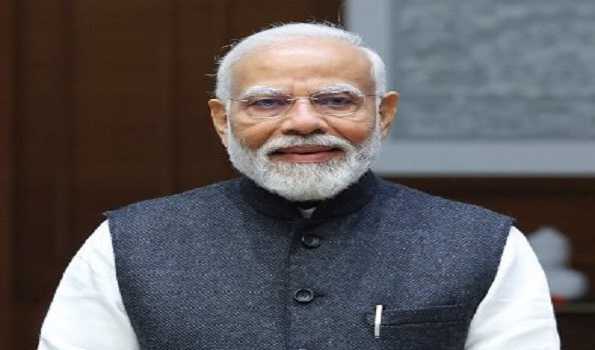
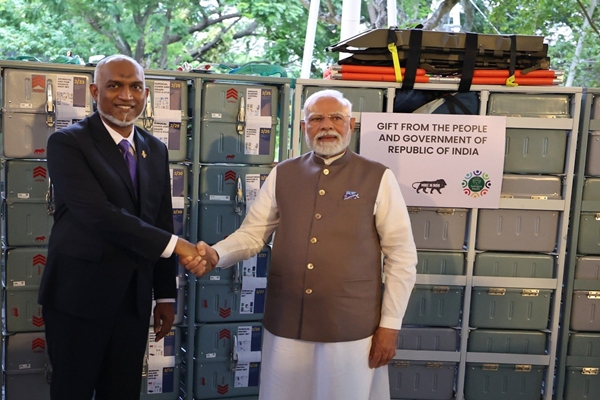
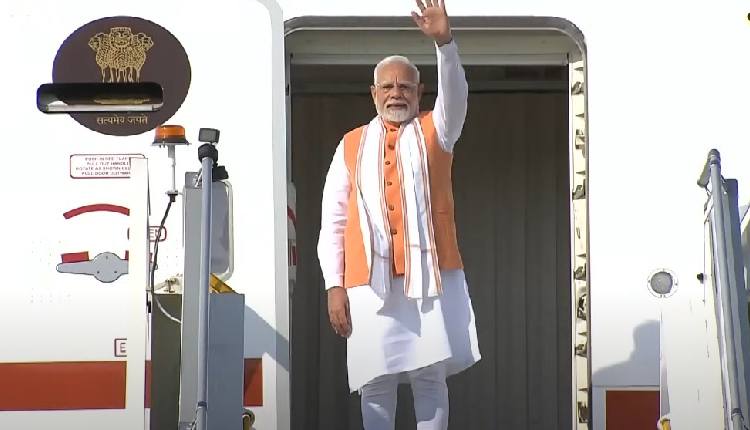
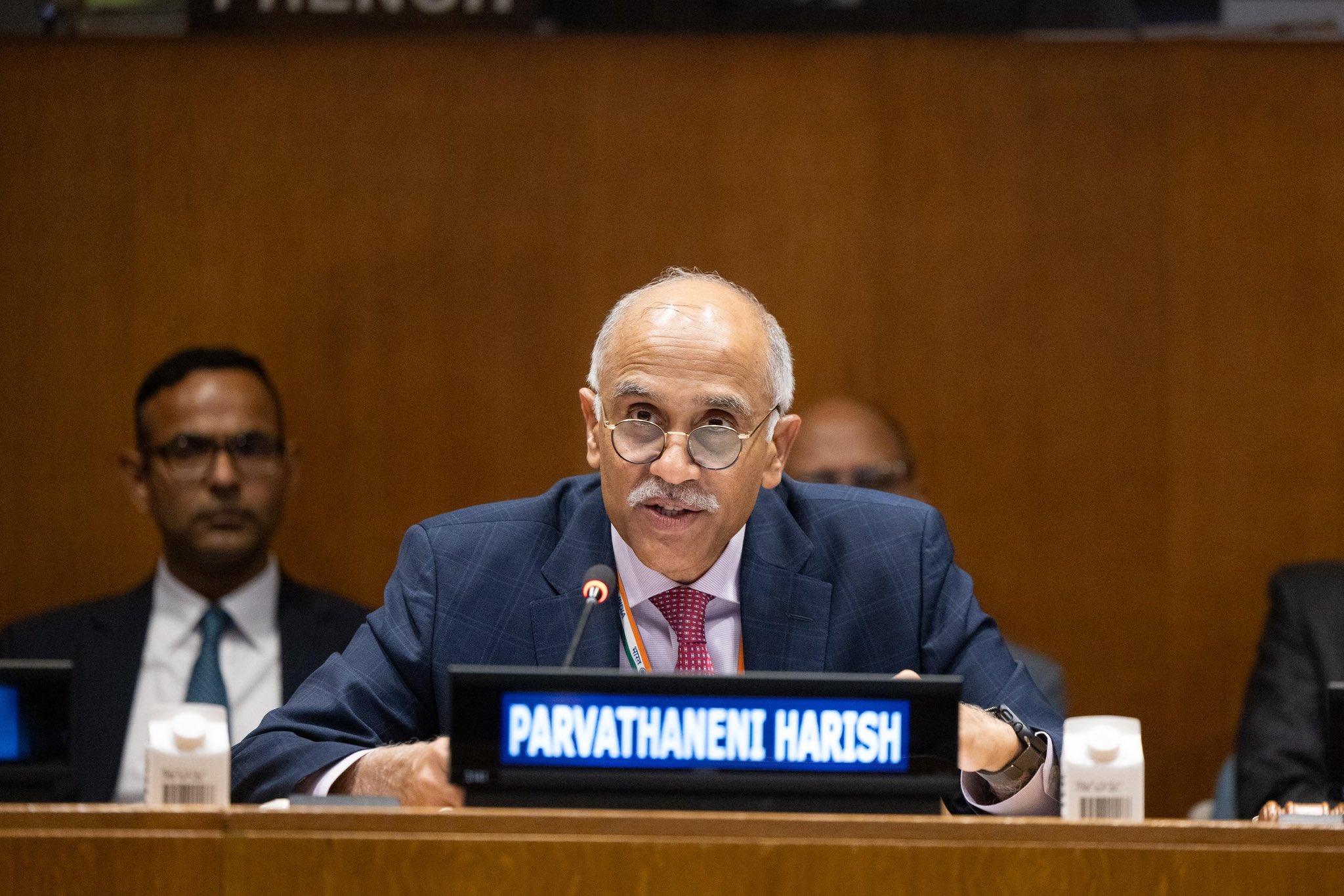
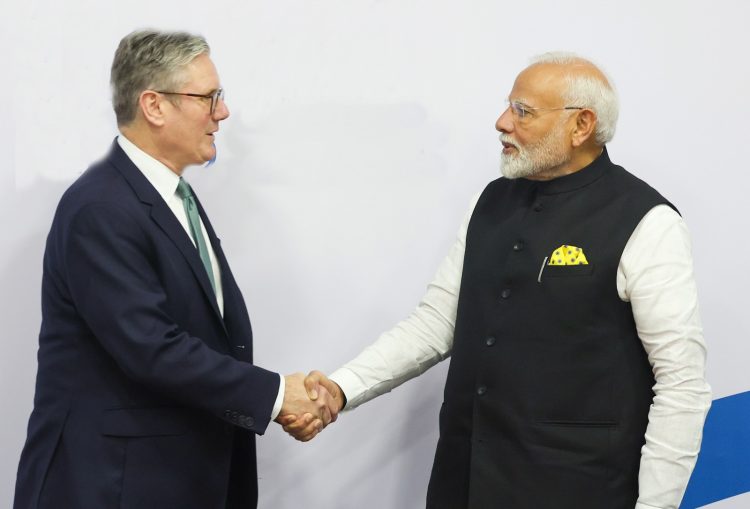
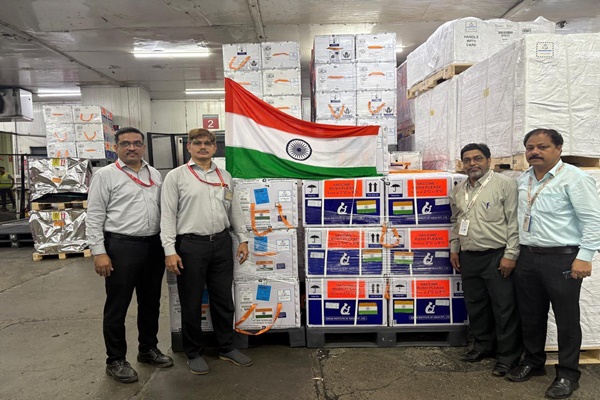
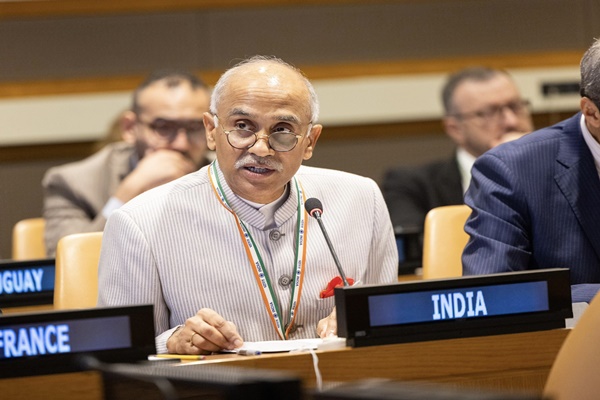
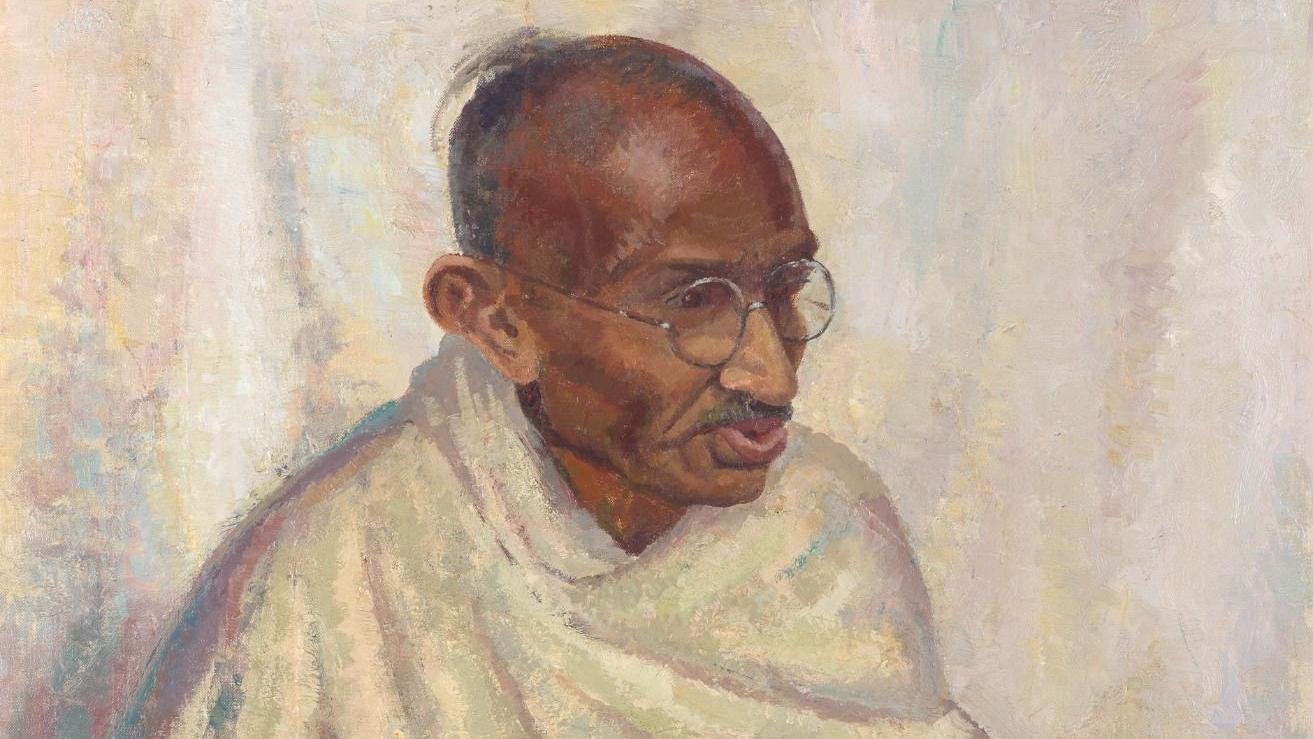
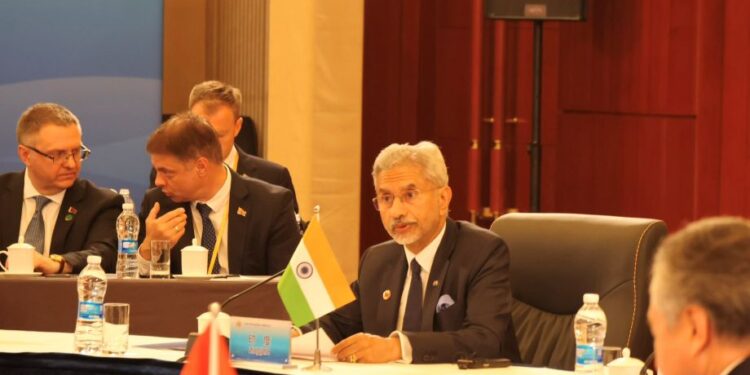
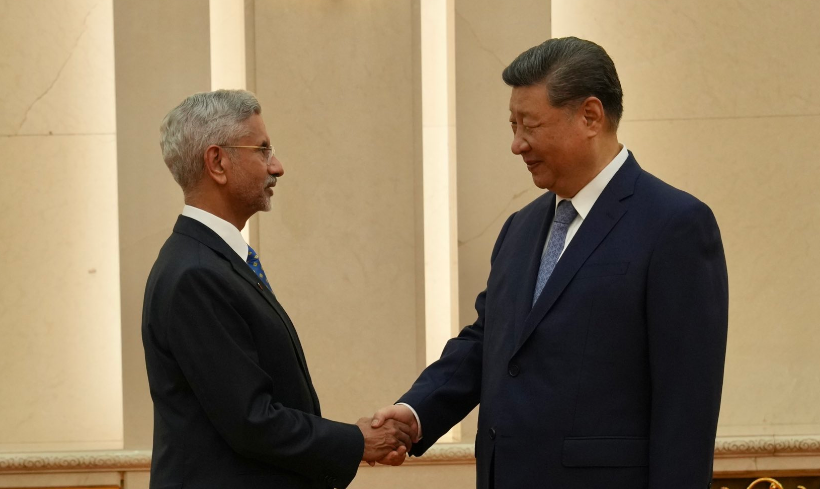
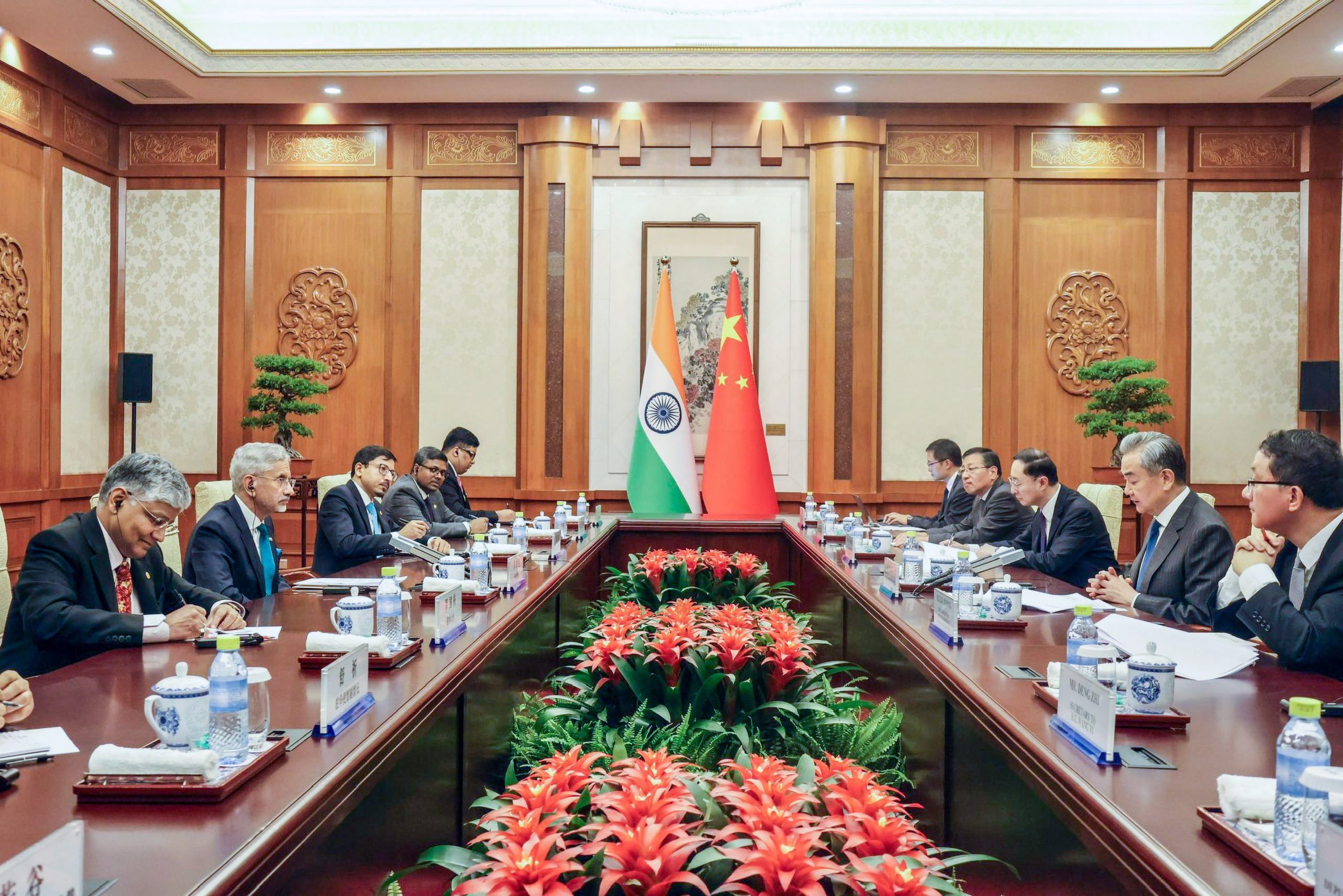

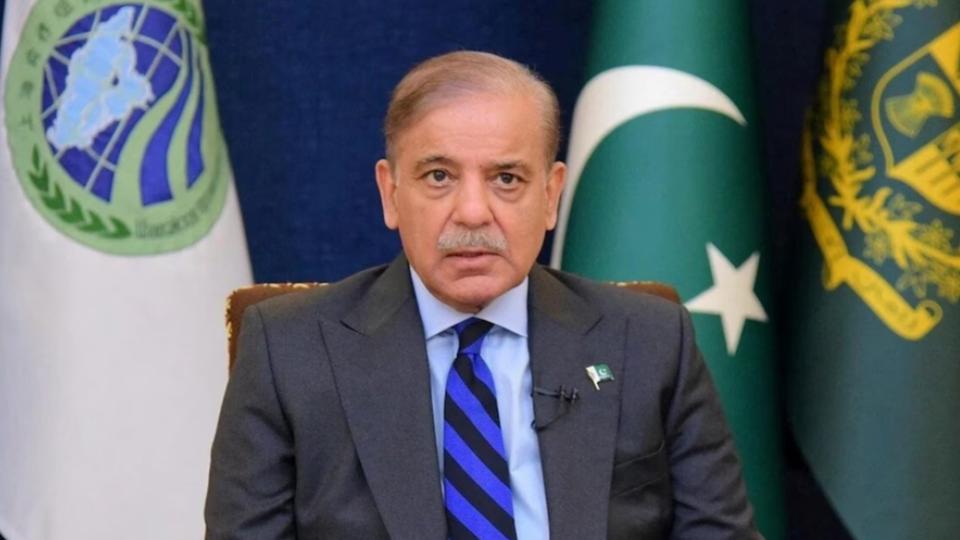





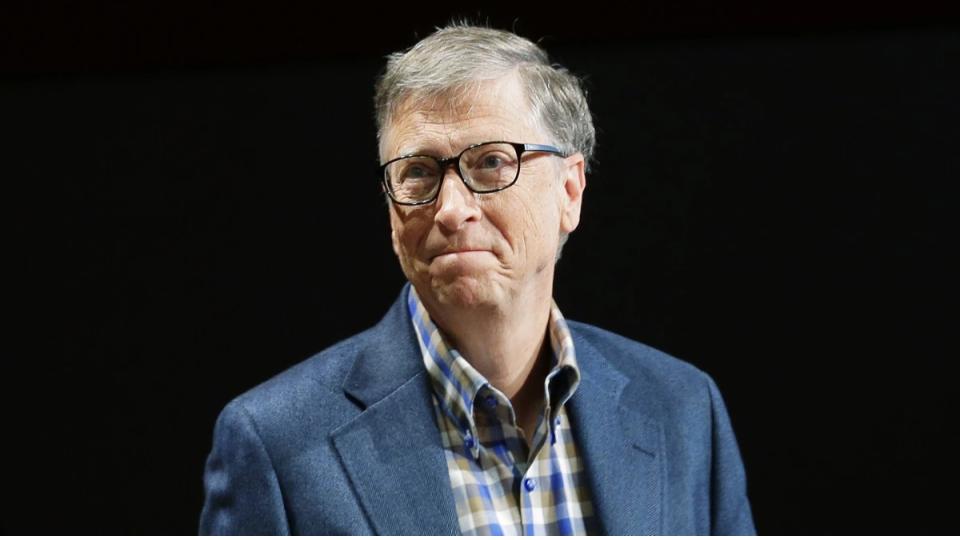

.jpg)
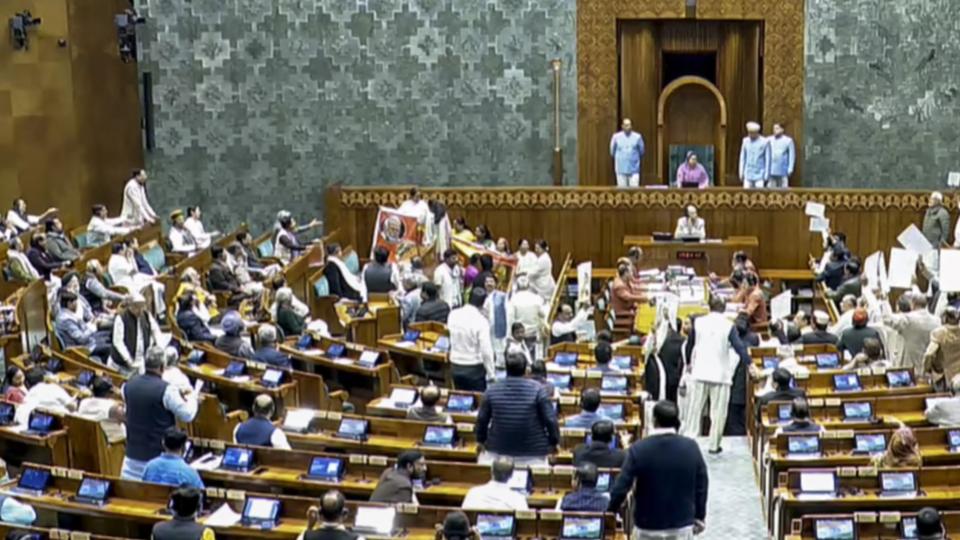












.jpg)
.jpg)
.jpg)


